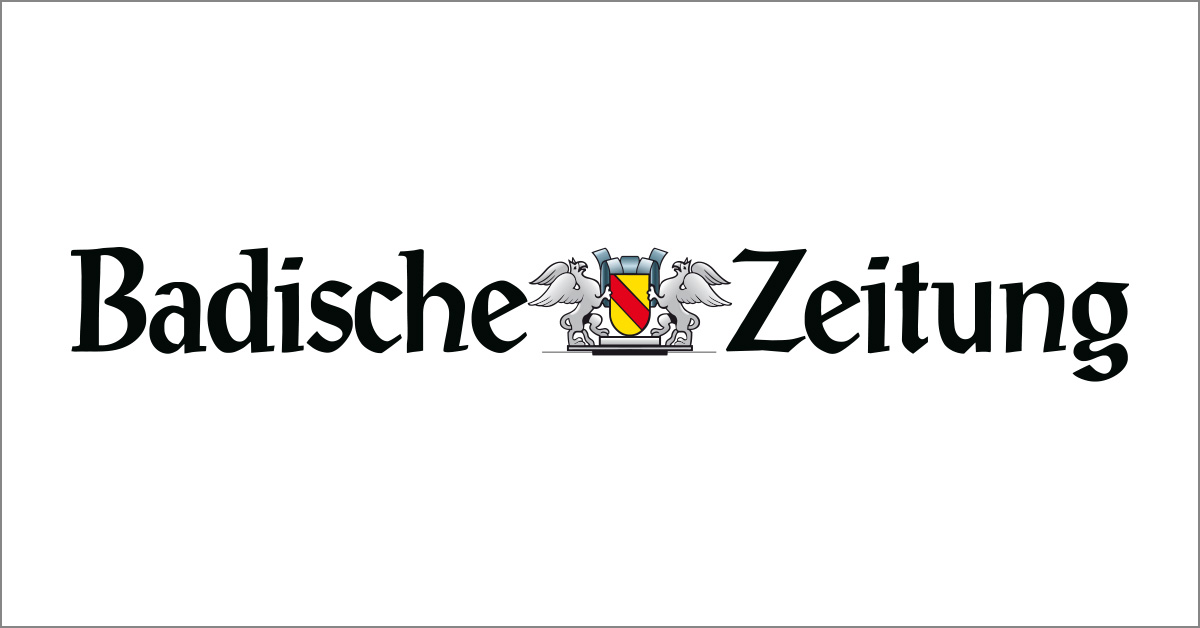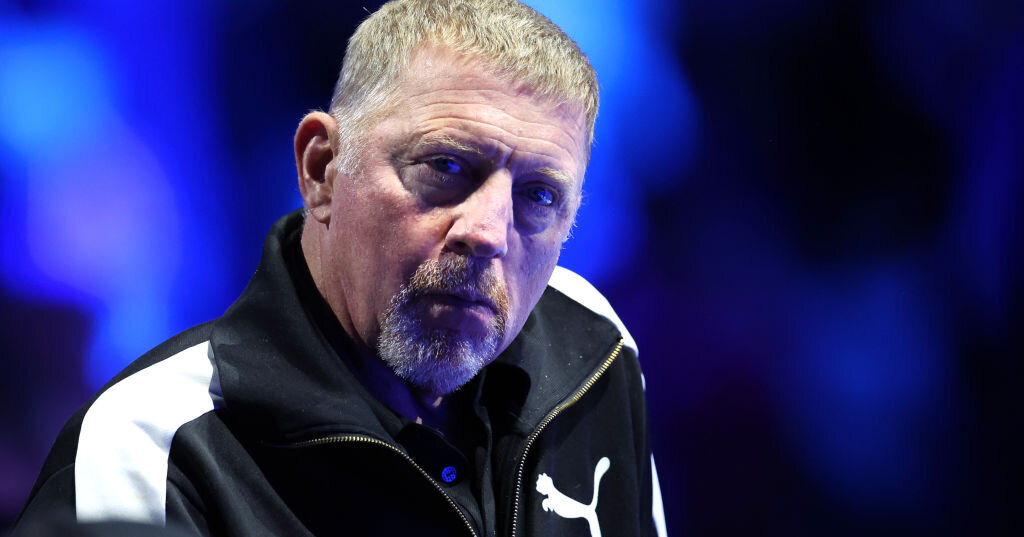Other countries do not have much opportunity to put pressure on the world’s strongest economy. How should Switzerland act?
Mount Rushmore memorial: America makes the rules, others enforce them.
Switzerland is nerd class. When it comes to the international minimum tax, everything is on track: in June, the expedited vote was clearly approved by 78.5%. Implementation should take place next year. The problem has been resolved?
not exactly. Because the economy suddenly realizes that the reform it wanted urgently is not urgent. On Friday, NZZ reported that the umbrella organization Economiesuisse was recommending a postponement of at least a year. The Economic Committee of the Council of States followed suit on the same day: The Federal Council must examine whether it is possible to implement the regulations later than scheduled.
In fact, 140 countries – out of a total of 195 – have agreed that a global minimum tax of 15% should be imposed on large multinational companies. This would eventually eliminate pesky tax havens.
Switzerland is greatly affected by this. In most cantons, companies pay lower taxes. But the great tax revolution is still missing. Next year only a few states will be ready. After all, they are neighbors: the European Union, Great Britain, Australia, Japan, South Korea, and Canada. But major economic countries such as China and India are far from introducing these regulations.
And so is the USA – of all places. Because the reform was started by the Americans. But the superpower itself failed to implement it. It has not yet been passed in Parliament. This is not the first time that Americans have given the world rules that no longer apply to them. “Of course it can be annoying,” says Alfred Mittler, who taught economics in the US for many years and now works at the Swiss Financial Institute (SFI).
The end of banking secrecy
Example: Basel Regulation: Named after the headquarters of the Bank for International Settlements (BIS), these countries have been developing common banking regulations since the 1990s. It is mainly about the amount of capital and liquidity that banks need to meet in order to prepare for crises.
The United States was originally a major driver of these international regulations. But they didn’t even want to implement the entire Basel II agreement themselves. On the other hand, for Swiss banks, not only are more stringent Basel III regulations applied – they are further tightened by the so-called “Swiss termination” by Finma.
“The Americans argued at the time that they didn’t have to implement all this regulation because they had different rules for the banks, but the reality was: they could and wanted to do it quickly with their 7,000 banks,” says Alfred Mittler. never.”
Another American law with the strange name “FATCA” has penetrated deeply into the Swiss consciousness – because it ultimately buried banking secrecy. Since 2010 – in response to the financial crisis – the United States has been demanding information about the tax data of Americans abroad. Switzerland has concluded a similar agreement with the United States of America since 2014. But it operates unilaterally. This means that the Americans themselves do not have to provide any data.
It is this double standard that Switzerland has not yet been able to truly overcome. While the local banking center is making serious efforts to operate cleanly, the US continues to tolerate black money activities on its soil. Delaware and South Dakota are global tax havens.
“That’s not very fun either,” says banking professor Mettler. But there’s a reason the United States itself didn’t provide any data: It – along with Eritrea – is the only country in the world that taxes its citizens based on their passports and not just where they live. The reverse flow of data would not be of much use to Switzerland because Swiss residents living in the USA do not pay taxes in Switzerland.
Others have to track while the Americans don’t move – are they really doing this on purpose? It’s not that easy. “We must not forget: When the president changes in the American elections, the entire administration changes. “You could also say: the whole of philosophy,” says Alfred Mittler.
There is no other choice
Americans are often serious about reforms. Mettler says they didn’t want to exclude themselves either. But as elsewhere, the wheels of democracy turn slowly in the United States. The country is polarized. If there is a change in power, the new president will have little interest in implementing his predecessor’s projects. They are then set aside or never implemented.
Fundamental problem: The United States is the most powerful economic country in the world. The dollar is the world currency. Other countries do not have the ability to pressure the United States as they do. If an agreement fails to be implemented in America, partners usually have no choice but to wait and hope for the best.
The question remains how Switzerland should deal with this situation. Make paths and keep your fists in the bag? Or challenge international pressure? “In the case of minimum taxes, you can safely wait some time until it becomes clear what happens next,” says economics professor Alfred Mittler. “Not much can happen.”
But in principle, Switzerland should abide by the international agreements it is bound by, says Mettler. Out of pure self-interest. “Our reliability is a great strength in a chaotic world. It is no wonder that many international companies are attracted to Switzerland.”

“Tv expert. Hardcore creator. Extreme music fan. Lifelong twitter geek. Certified travel enthusiast. Baconaholic. Pop culture nerd. Reader. Freelance student.”







More Stories
That general meeting was 2024
Mercedes Works Council Chairman: American colleagues must vote in favor of the union
Customer is upset about aluminum curd caps